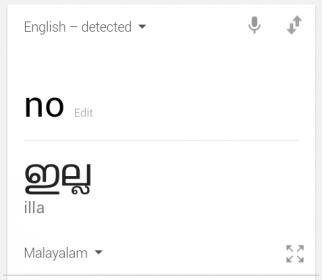Hindi Was Devised By a Scottish Linguist From The British East India Company
Fascinating story
http://thebengalstory.com/english/h...flYEubkj9bW175tktpFunroHj6erU7aKMR7Ly262aKmhQ
Gilchrist wrote ‘bifurcation of Khariboli into two forms – the Hindustani language with Khariboli as the root resulted in two languages (Hindi and Urdu), each with its own character and script.’
In other words, what was Hindustani language was segregated into Hindi and Urdu (written in the Devanagari and Persian scripts), codified and formalised.
Santosh Kumar Khare on the origin of Hindi in Truth about Language in India wrote in his essay: ‘the notion of Hindi and Urdu as two distinct languages crystallized at Fort William College in the first half of the 19th century.’ He added: “their linguistic and literary repertoires were built up accordingly, Urdu borrowing from Persian/Arabic and Hindi from Sanskrit.’
In the words of K.B. Jindal, author of A History of Hindi Literature: ‘Hindi as we know it today is the product of the nineteenth century.’
Contemporary Dutch historian Thomas De Bruijin says that Fort William College in Calcutta was ‘more or less the birthplace of modern Hindi.’
George Abraham Grierson, noted Irish linguist of the late 19th and early 20th century, said that the standard or pure Hindi which contemporary Indians use is ‘an artificial dialect the mother tongue of no native-born Indian, a newly invented speech, that wonderful hybrid known to Europeans as Hindi and invented by them.’
Hence, my late maternal grandmother was right: the birthplace of modern Hindi is Calcutta. And it was in Fort William that this invention took place under the tireless efforts of John Gilchrist.
If the Anglophone Indians are derided as ‘Macaulay’s children’, then the Hindi speaking Indians can also be called ‘Gilchrist’s children’.






 )
)






